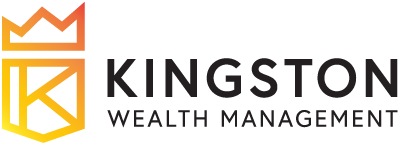Market commentary: Feb 2024
Investment performance
Investors continue to scrutinise economic data looking for signs that inflationary pressures are abating, but probabilities of when interest rates will be cut continue to prove to be overly optimistic. The latest US data has come out hotter than expected pushing out the timeline for, and quantum of, rate cuts by the Federal Reserve – not what the market is wanting to hear. On a positive note, a tail wind for investments is the resilience of the US economy and company earnings reports beating expectations.
Why managed funds?
Most of the investments in our client portfolios are managed funds. e.g. Quay Street NZ Equity Fund, Nikko Global Shares Fund, Hunter International Fixed Interest Fund, etc., but what is in these funds and why do we use them?
In a nutshell, a managed fund is a portfolio of investments (shares or bonds) owned and managed by the fund on behalf of the fund’s investors. By pooling funds, investors gain access to investment opportunities that they may not be able to if acting on their own.
The Quay Street NZ Equity Fund is a good example. The fund “invests in a portfolio of shares from the NZ market, targeting a return above the long-term performance of the NZ share market”. The top five holdings in the fund are: Fisher & Paykel Healthcare, Spark, Contact Energy, Auckland International Airport, and Mainfreight.
Looking at global markets the Nikko Global Shares Fund is one of five funds in our International Equity strategy and targets to outperform combined global markets by 3%. The top five holdings in the fund are: Microsoft, Nvidia, Facebook, Netflix, and Abbott Labs. Another fund in the strategy is Antipodes Global Fund and their top five is Merck, Sanofi, Total Energies, Oracle, and American Electric Power Company.
Some of the companies mentioned above might be familiar, others maybe not. Through managed funds an investor essentially owns shares in these companies. The major benefit is diversification.
The managed funds we use specialise in particular markets. The portfolio manager leads a team of people who analyse companies, research markets and trends, meet with company management to understand strategy, and make decisions on what industries, markets, and ultimately what companies, at what price to invest in – or sell.
We like investing using managed funds as it harnesses the expertise of specialist teams and people, and facilitates access to broad and deep knowledge which is forward looking.
Richard Grimes, CERTIFIED FINANCIAL PLANNER (CFPCM), Director and Financial Adviser
